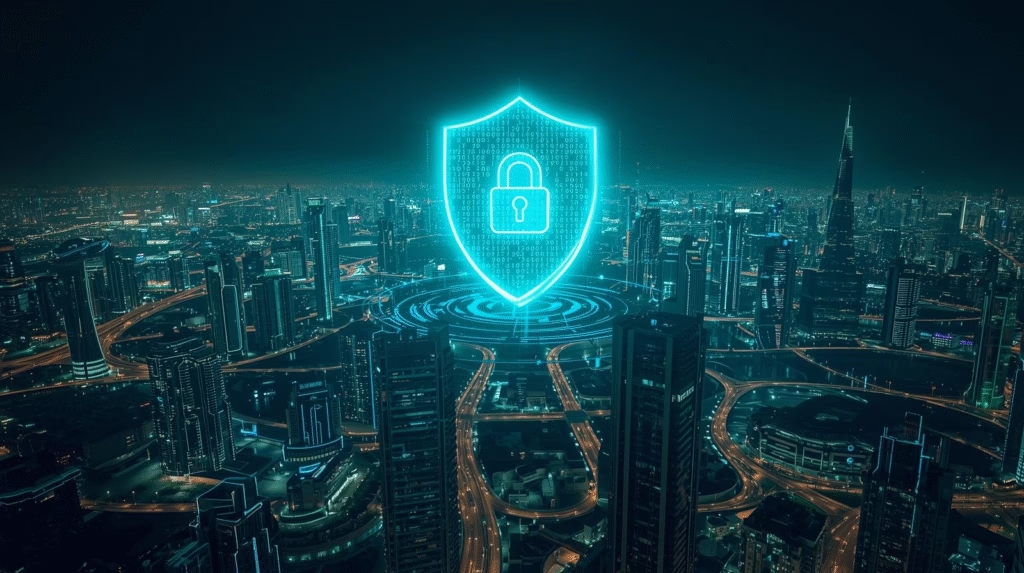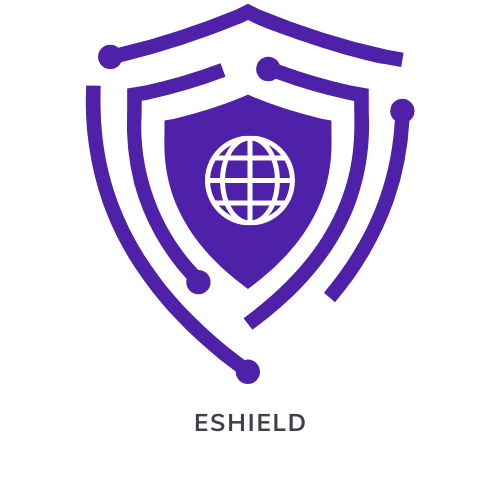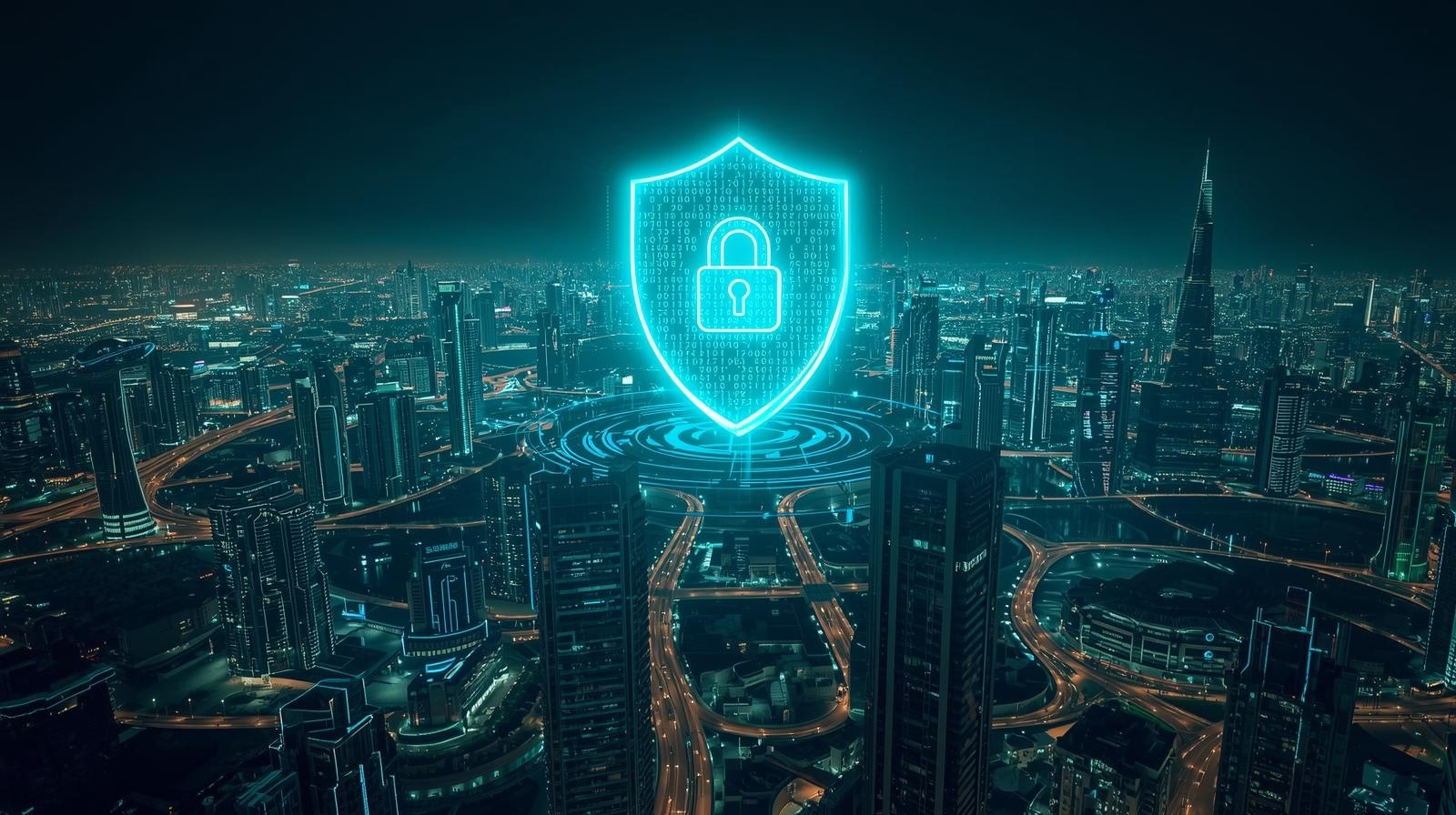If you live or work in the UAE, you already know how quickly things move here. New tech, new apps, new portals — everything becomes digital almost overnight. And while this speed pushes the UAE ahead of most countries, it also attracts a very different kind of attention:
Ransomware groups.
Over the last year, several companies in Dubai and Abu Dhabi have been hit by ransomware attacks. Not because they were careless. Not because “security was weak.”
But simply because the UAE has become a global business hotspot, and cybercriminals follow opportunity the same way investors do.
Let’s break down what actually happened — in simple, human terms — and what UAE businesses can learn from it.

What Is Ransomware?
magine you walk into your office one morning, try to open a file, and instead see a message saying:
“Your data is locked. Pay to get it back.”
That’s ransomware.
Here’s how it usually works:
- Someone in the company receives an email that looks normal.
- They click a link or open a document.
- A hidden program quietly slips into the system.
- It locks all your files with encryption.
- The attackers demand money for the unlock key.
It’s basically digital kidnapping — but instead of people, they take your data.
Why Are UAE Companies Being Targeted?
There’s a myth that cyberattacks happen because a region is “weak.”
Not true.
Attacks happen where attackers see value, visibility, and opportunity — and right now, the UAE ticks all three.
The UAE moves fast — and criminals love fast environments
New apps, new systems, new online services… everything is scaling quickly.
Fast growth = more places for attackers to try.
Strong online presence
UAE companies and employees are active on:
- Company websites
- Public directories
This makes phishing emails more believable.
High-value business region
Dubai and Abu Dhabi handle:
- Large transactions
- Global logistics
- Major government services
A few hours of downtime here is costly — and attackers know it.
Threat groups are more advanced than ever
They use automation, stolen data, and AI-generated emails.
This is not 2010 hacking — these groups operate like actual businesses.
What We Learned From Recent Attacks in Dubai & Abu Dhabi
Almost every attack started with a convincing email
Not the obvious “Nigerian prince” type.
We’re talking:
- “Your invoice is attached.”
- “New HR policy — read and acknowledge.”
- “Your password will expire today.”
These emails were polished, professional, and scary-real.
Attackers didn’t rush — they took their time
Once inside, they didn’t lock anything immediately.
They quietly explored the network, looking for:
- Valuable files
- Weak accounts
- Backup systems
Only when they knew exactly what to hit… they hit.
Good backups = fast recovery
Companies that bounced back quickly all had:
- Offline backups
- Isolated backup environments
- A simple, documented recovery process
Those without backups suffered the longest.
Paying the ransom didn’t solve the problem
Some companies paid and still:
- Didn’t get working keys
- Got only partial data
- Got attacked again later
Ransomware doesn’t come with customer support.
What UAE Companies Can Do Today
For Employees (Non-Technical Tips)
- Don’t click suspicious links.
- Double-check the sender email, even if the name looks familiar.
- If something feels “off,” ask your IT team.
- Don’t rush through emails — that’s how mistakes happen.
- Never share passwords with anyone.
One careful employee can stop an attack.
For IT & Security Teams
- Enable MFA everywhere.
- Turn on SPF, DKIM, DMARC for email.
- Update all systems — especially endpoints.
- Keep offline backups and test them monthly.
- Monitor subdomains and unused services.
- Run phishing tests for staff.
- Limit admin access to only those who truly need it.
Small, consistent improvements create huge protection.
Quick Internal Ransomware Risk Score
Give your company a score out of 100:
| Area | Score |
| Password Strength | 0–20 |
| Software Updates | 0–20 |
| Email Awareness | 0–20 |
| Backups | 0–20 |
| Device Security | 0–20 |
0–40 → High Risk
40–70 → Needs Improvement
70–100 → Strong Security
Calculate your score.
Tools & Resources
Here are some tools and resources :
- CISA Ransomware Guide — https://www.cisa.gov/stopransomware
- Europol Cybercrime Reports — https://www.europol.europa.eu
- HaveIBeenPwned — https://haveibeenpwned.com
Conclusion
Ransomware attacks in Dubai and Abu Dhabi aren’t happening because people or businesses are careless—they’re happening because the region is becoming a global tech and business powerhouse. With the right awareness, habits, and security steps, both individuals and organisations can drastically reduce their risk.
If you want help improving cybersecurity awareness, employee training, or protection strategies tailored for UAE businesses, Eshield IT Services provides practical, locally focused solutions.


